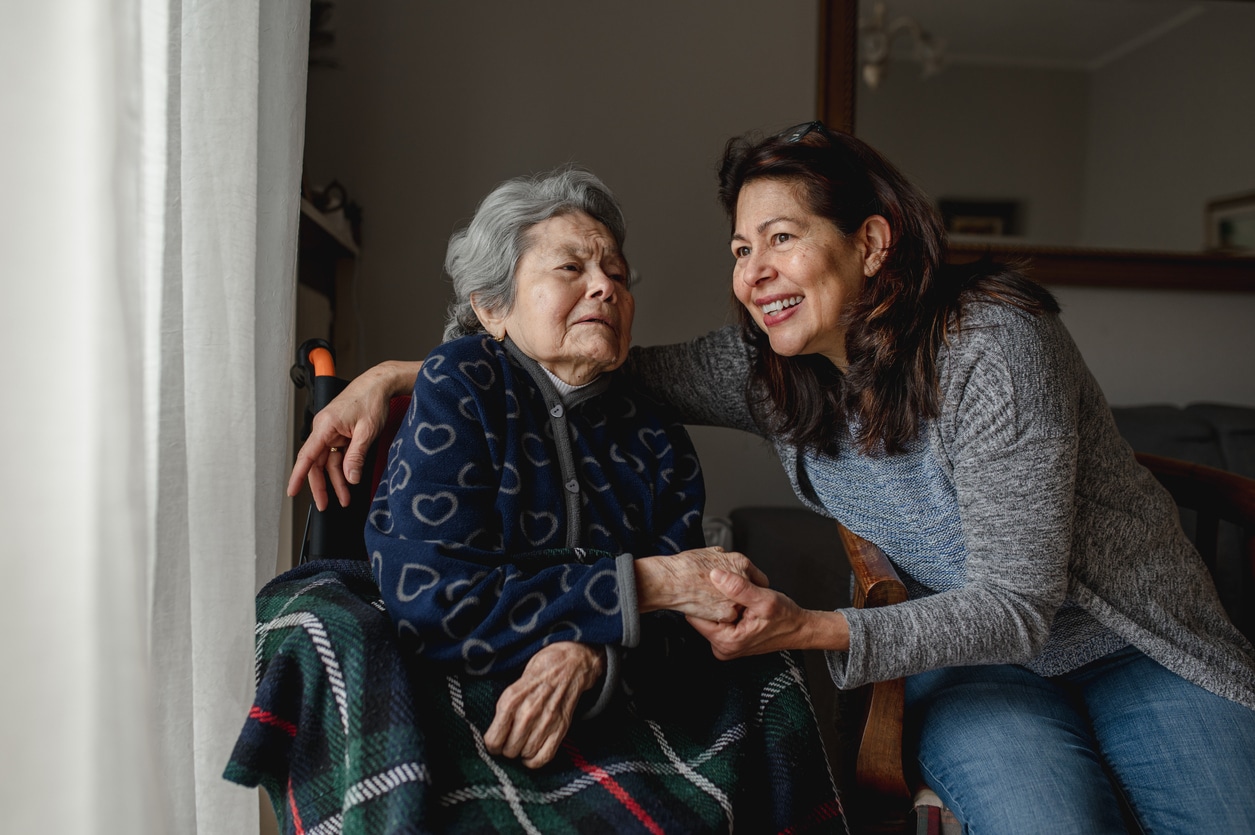For most of us, daily routines provide a sense of stability and predictability. However, for individuals grappling with memory loss, adhering to a structured routine can offer profound benefits, not only for themselves but also for their caregivers.
The Importance of Routine in Memory Loss
Navigating the complexities of memory loss can be disorienting and overwhelming. Establishing a consistent routine serves as a guiding framework, providing a sense of order amidst the uncertainty. It offers a familiar rhythm to the day, reducing confusion and anxiety for individuals with memory loss. Moreover, a structured routine promotes a sense of accomplishment and purpose, as tasks are approached with clarity and intention.
Finding Comfort in Familiarity
Living with memory loss poses numerous challenges, including frustration, fear, and overall difficulty in navigating daily life. Yet, maintaining a consistent routine can significantly mitigate these challenges, providing a sense of comfort and security amidst the uncertainty.
Alleviating Anxiety Through Routine
Familiarity plays a pivotal role in easing the daily lives of seniors with memory loss. Simple things like familiar faces, surroundings, and routines can instill a sense of peace and stability. Tasks such as bathing, dressing, or meals, which may typically pose challenges, become more manageable when integrated into a familiar routine.
Stress for Caregivers
Moreover, a structured routine helps alleviate anxiety, a common companion for individuals with memory loss. Even minor disruptions to the routine can trigger panic or agitation. By adhering to a consistent schedule, individuals with memory loss experience reduced stress and anxiety, as the predictability of their daily activities provides a sense of reassurance.
See also: Caregivers: Combat Stress Before It Takes Over
Preserving Cognitive Abilities
Importantly, structured routines not only benefit seniors but also ease the burden on caregivers. Caregivers often find themselves repeatedly providing instructions or reassurances, which can be exhausting and time-consuming. By following a structured routine, caregivers can streamline their tasks, reducing stress and allowing more time for other responsibilities.
Enhancing Independence Through Repetition
Furthermore, maintaining a structured routine helps preserve cognitive abilities. Repetitive tasks enable individuals with memory loss to retain essential skills and memories, ultimately enhancing their independence and quality of life.
Promoting Better Sleep
Quality sleep is crucial for everyone, but particularly for individuals with memory loss. Anxiety and fear associated with memory loss can disrupt sleep patterns, leading to nighttime wandering and heightened anxiety. A consistent routine fosters a familiar environment, promoting better sleep and reducing the likelihood of nighttime disturbances.
Embracing Social Engagement
Incorporating social activities into the daily routine can also greatly benefit seniors with memory loss. Engaging in activities such as group outings, hobby clubs, or simply spending time with loved ones can stimulate cognitive function, improve mood, and foster a sense of belonging.
Minimizing Risks of Accidents
Moreover, adhering to a structured routine minimizes the risk of accidents or injuries. Panic or anxiety can result in wandering behavior, potentially leading to falls or other mishaps. By creating a familiar environment, seniors with memory loss can navigate their surroundings safely and confidently.
For added peace of mind, consider investing in a medical alert system for your loved one. These systems provide quick access to help, ensuring prompt care in case of emergencies. With comprehensive information readily available to caregivers, medical alert systems offer a reliable safety net for individuals with memory loss.
Embracing Structure for Enhanced Well-Being
Structured daily routines offer myriad benefits for seniors with memory loss, enhancing their sense of security, independence, and overall well-being. By incorporating familiar activities into their daily lives, individuals with memory loss can navigate their challenges with greater ease, while caregivers experience reduced stress and enhanced efficiency in their caregiving duties. Embracing structure not only fosters a sense of stability but also promotes a fulfilling and enriching quality of life for both seniors and their caregivers.




